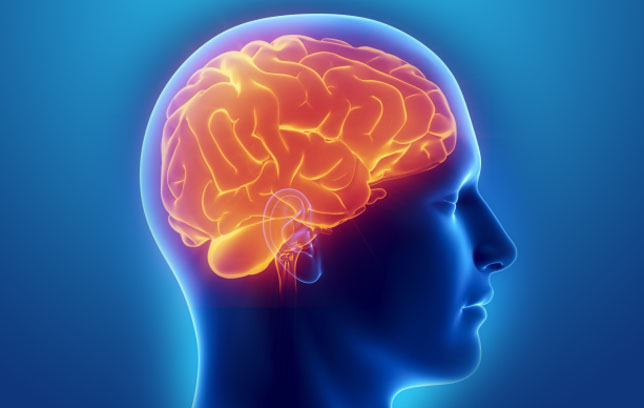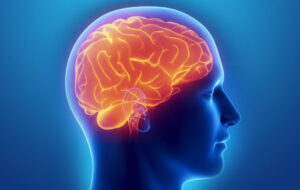In my last blog I talked about the necessity of managing your brain for maximum effectiveness. To do this you must first make sure you maintain a healthy brain. There are indications of many unhealthy brains in the world.
According to Mike Dow, in his book, Brain Fog Fix, more than 5 million people in the U.S. are living with Alzheimer’s, over 35 million people worldwide are currently living with dementia, and millions more are suffering from cognitive impairment or mild cognitive impairment not classified as dementia.
Sian Beilock, in her book, How the body knows its mind, provides an estimate of 21 million Americans living with major depression.
Dr. Mike Dow, quoting CDC statistics, says that 50 million Americans report they are not getting enough sleep. Sleep deprivation has been linked to such things as Type 2 diabetes, obesity, breast and colon cancer, cognitive skills and performance among other things.
Scientific American, (January/February, 2016 issue) states that 8.5 million Americans take prescription sleep aids, which have a range of side effects, including daytime drowsiness, hallucinations and sleep-eating. One study found that regular sleeping pill users were 4.6 times likelier to die prematurely.
ADHD, considered to be a weakness of executive function in the brain’s prefrontal cortex, affects about 6.4 million children ages 4 through 17, and about 60% of these cases will extend into their adult years.
Other indicators of unhealthy brains include addictions to email, social media and the Internet, memory lapses, premature aging, negativity and a lack of purpose in life.
Actions can be taken to slow, stop or reverse all of the above assaults on our brains. These include physical exercise, meditation, control of technology use, adequate sleep, brain-sharpening exercises and lifelong learning, organization, proper diet, a more active lifestyle, improved work environment and work habits, energy management and the judicious use of medications and supplements.
Most of these interventions are discussed in some my ebooks that have been published by bookboon.com. (Listed at the end of this article.) Others are currently been written. I also listed some reference books in my last blog. The important thing is to take action immediately to regain or maintain a healthy brain. Then you can concentrate on improving specific productivity enhancers such as attention and focus, goal-setting and persistence, and creativity and stress tolerance and planning & prioritization.
Physical health and mental health go hand in hand. Each affects the other. Each requires your attention. It’s important to be physically fit; but not to the extent that you outlive your mind.
Relevant ebooks published by bookboon.com
An introduction to holistic time management
Boost your memory and sharpen your mind
Manage your personal energy
Sleep: a time management strategy
Strengthen your brain’s executive skills
Time management strategies for an ADHD world
Time to be productive



Recent Comments